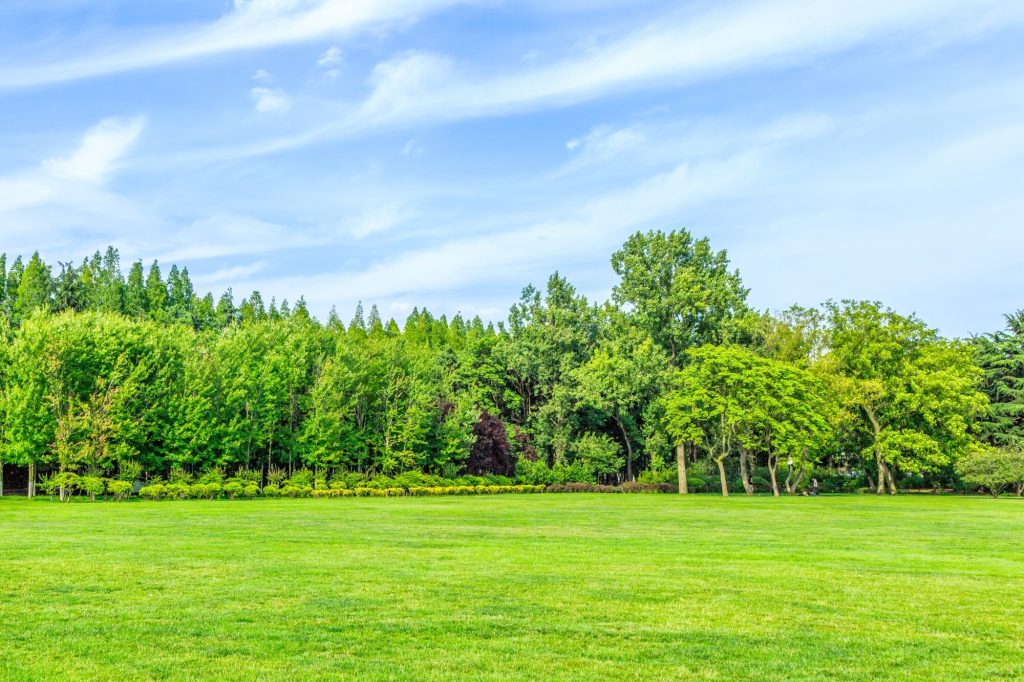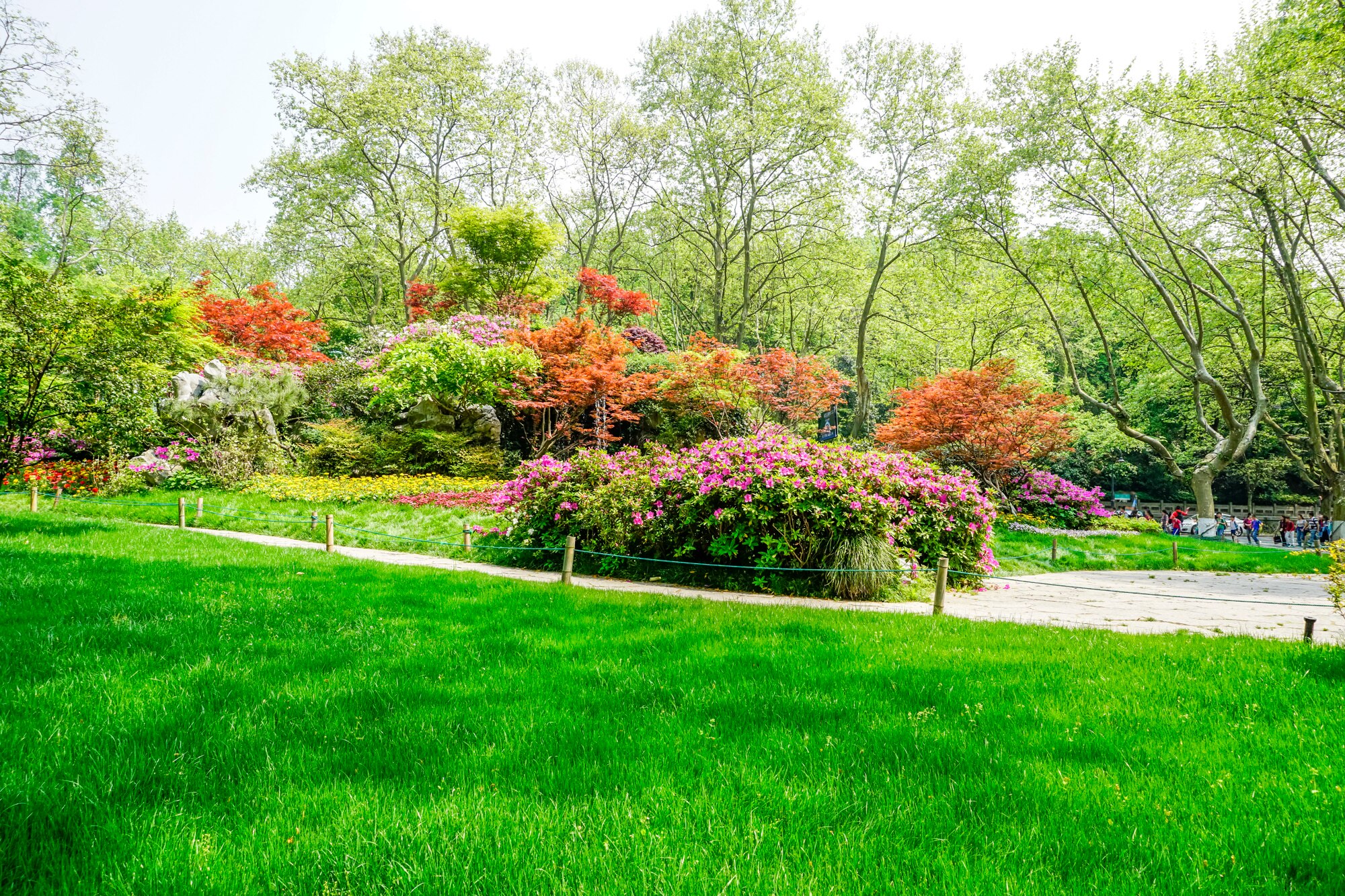Landscaping can transform your outdoor space into a beautiful, thriving environment. One of the key elements in successful landscaping is the use of high-quality compost. The right compost can enrich the soil, improve plant health, and enhance the overall appearance of your landscape. In this article, we will explore the best composts for landscaping and how they can benefit your garden.

Understanding Compost and Its Benefits
Compost is decomposed organic matter that is rich in nutrients and beneficial microorganisms. It is an essential component for healthy soil and plant growth. Using compost in landscaping offers several benefits:
- Nutrient-Rich Soil: Compost adds essential nutrients like nitrogen, phosphorus, and potassium to the soil, which are crucial for plant growth.
- Improved Soil Structure: It helps in loosening compacted soil, improving aeration, and water retention, which is vital for root development.
- Enhanced Plant Growth: The nutrients and microorganisms in compost promote robust root development and overall plant health, resulting in lush and vibrant landscapes.
- Eco-Friendly: Composting reduces waste and recycles organic materials back into the soil, making it an environmentally friendly choice.
Additional Benefits
- Disease Suppression: Compost can help suppress soil-borne diseases and pests, reducing the need for chemical interventions.
- Carbon Sequestration: The use of compost can help in sequestering carbon in the soil, contributing to the reduction of greenhouse gases.
- Cost-Effective: Utilizing compost reduces the need for chemical fertilizers, which can be expensive and harmful to the environment.
Types of Composts for Landscaping
There are various types of composts available, each with unique properties that can benefit your landscape in different ways.
Garden Compost
Garden compost is made from a mix of kitchen scraps, garden waste, and other organic materials. It is a versatile compost that can be used for various landscaping purposes. Garden compost is excellent for enriching flower beds, vegetable gardens, and lawn areas.
Benefits:
- Versatile Use: Suitable for most landscaping applications, including flower beds, vegetable gardens, and lawns.
- Nutrient-Rich: Contains a balanced mix of nutrients that support plant growth and soil health.
- Improves Soil Texture: Enhances soil structure and fertility, making it easier for roots to penetrate and access nutrients.
Manure Compost
Manure compost is made from animal manure, often mixed with straw or other bedding materials. It is highly rich in nutrients and is particularly beneficial for vegetable gardens and flower beds.
Benefits:
- High Nutrient Content: Especially rich in nitrogen, which is essential for leafy plant growth.
- Improves Soil Fertility: Boosts plant growth and yields, making it ideal for vegetable gardens.
- Organic Matter: Adds valuable organic matter to the soil, improving its overall health and structure.
Additional Benefits:
- Microbial Activity: Manure compost enhances microbial activity in the soil, which is crucial for nutrient cycling and soil health.
- Long-Lasting Effects: The benefits of manure compost can last for several seasons, providing ongoing support for plant growth.
Leaf Mold Compost
Leaf mold is made from decomposed leaves. It is a slow composting process but results in a highly beneficial soil conditioner.
Benefits:
- Excellent Soil Conditioner: Improves soil structure and moisture retention, making it ideal for dry or sandy soils.
- Fungal Dominant: Supports the growth of beneficial fungi in the soil, which can aid in nutrient absorption for plants.
- Ideal for Mulching: Can be used as a mulch to protect plant roots, conserve moisture, and suppress weeds.
Additional Benefits:
- pH Balance: Leaf mold can help in balancing soil pH, making it suitable for a variety of plants.
- Sustainable: Utilizing fallen leaves to make leaf mold is an excellent way to recycle garden waste and reduce landfill use.
Mushroom Compost
Mushroom compost is a byproduct of mushroom farming. It is rich in organic materials and beneficial nutrients.
Benefits:
- Nutrient-Dense: Contains a variety of nutrients essential for plant growth, including nitrogen, phosphorus, and potassium.
- Improves Soil Structure: Enhances soil aeration and water retention, making it easier for plants to thrive.
- Suppresses Weeds: Helps in weed control when used as mulch, reducing the need for chemical herbicides.
Additional Benefits:
- Organic Material: Adds organic material to the soil, improving its overall health and fertility.
- Cost-Effective: Mushroom compost is often available at a lower cost compared to other composts, making it an economical choice for large landscaping projects.
Vermicompost
Vermicompost is produced through the breakdown of organic material by earthworms. It is a highly nutrient-rich compost that can benefit all types of landscapes.
Benefits:
- Rich in Nutrients: Contains high levels of nitrogen, phosphorus, and potassium, which are essential for plant growth.
- Microorganism-Rich: Boosts soil microbial activity, enhancing nutrient availability and soil health.
- Improves Plant Health: Promotes strong root development and disease resistance, resulting in healthier plants.
Additional Benefits:
- Enhanced Soil Structure: Vermicompost improves soil texture, making it easier for roots to grow and access nutrients.
- Sustainable: Vermicomposting is an eco-friendly way to recycle organic waste, reducing landfill use and greenhouse gas emissions.
How to Choose the Best Compost for Your Landscape
Choosing the right compost for your landscaping needs depends on several factors, including soil type, plant requirements, and specific landscaping goals.
Soil Type
Understanding your soil type is crucial in selecting the appropriate compost. For sandy soils, composts that improve water retention, such as leaf mold or mushroom compost, are ideal. For clay soils, garden compost or manure compost can help improve aeration and drainage.
Additional Considerations:
- pH Levels: Some composts can alter the pH of your soil. Ensure the compost you choose complements your soil’s natural pH.
- Soil Testing: Conduct a soil test to understand its current nutrient levels and deficiencies. This can guide you in selecting the most suitable compost.
Plant Requirements
Different plants have varying nutrient needs. Vegetable gardens and flowering plants benefit from nutrient-rich composts like manure compost or vermicompost. For ornamental shrubs and trees, a balanced garden compost or leaf mold compost can be more suitable.
Additional Considerations:
- Specific Nutrient Needs: Some plants may require higher levels of specific nutrients. Tailor your compost choice to meet these needs.
- Growth Stages: Young plants and seedlings may benefit from a lighter, nutrient-rich compost, while mature plants might need a more balanced compost.
Landscaping Goals
Your specific landscaping goals, such as improving soil fertility, enhancing plant growth, or controlling weeds, will also influence your compost choice. For instance, if weed control is a priority, mushroom compost used as mulch can be highly effective.
Additional Considerations:
- Aesthetic Goals: If you aim to improve the visual appeal of your landscape, choose composts that enhance soil structure and plant health.
- Long-Term Goals: Consider the long-term effects of the compost on your soil and plants. Some composts provide benefits that last for several seasons.
Best Practices for Using Compost in Landscaping
To maximize the benefits of compost in your landscape, follow these best practices:
Soil Preparation
Before applying compost, prepare the soil by removing weeds and loosening the top layer. This ensures better integration of the compost into the soil.
Additional Tips:
- Aeration: Aerate the soil to improve oxygen flow and help the compost integrate more effectively.
- Weed Removal: Ensure all weeds are removed to prevent them from competing with your plants for nutrients.
Application Rates
Apply compost at the recommended rates to avoid over-fertilization. Generally, a 2-3 inch layer of compost worked into the top 6-8 inches of soil is sufficient for most landscaping applications.
Additional Tips:
- Even Distribution: Spread the compost evenly to ensure all areas receive the benefits.
- Monitoring: Regularly monitor your soil and plants to adjust the application rates as needed.
Timing
The best time to apply compost is in the spring or fall when the soil is most receptive. Avoid applying compost during extreme weather conditions, such as drought or heavy rainfall.
Additional Tips:
- Seasonal Adjustments: Adjust your compost application based on seasonal changes and plant growth stages.
- Weather Considerations: Monitor weather forecasts to avoid applying compost during periods of heavy rain or extreme heat.
Mulching
Using compost as mulch can help retain soil moisture, suppress weeds, and provide a slow-release source of nutrients. Apply a 2-3 inch layer of compost around plants, keeping it away from the stems to prevent rot.
Additional Tips:
- Mulch Thickness: Ensure the mulch layer is thick enough to suppress weeds but not so thick that it smothers the plants.
- Stem Protection: Keep the mulch away from the stems to prevent rot and disease.
Regular Maintenance
Regularly replenish compost in your landscape to maintain soil fertility and plant health. Monitor your plants and soil to adjust compost application as needed.
Additional Tips:
- Seasonal Replenishment: Replenish compost in the spring and fall to maintain optimal soil health.
- Observation: Regularly observe your plants and soil to identify any signs of nutrient deficiencies or imbalances.
Conclusion
Selecting the best compost for landscaping is essential for creating a thriving, beautiful garden. By understanding the different types of composts and their benefits, you can make informed decisions that enhance your landscape’s health and aesthetics. Whether you choose garden compost, manure compost, leaf mold, mushroom compost, or vermicompost, incorporating compost into your landscaping routine will yield long-lasting rewards.
Embrace the power of compost and watch your landscape flourish!
